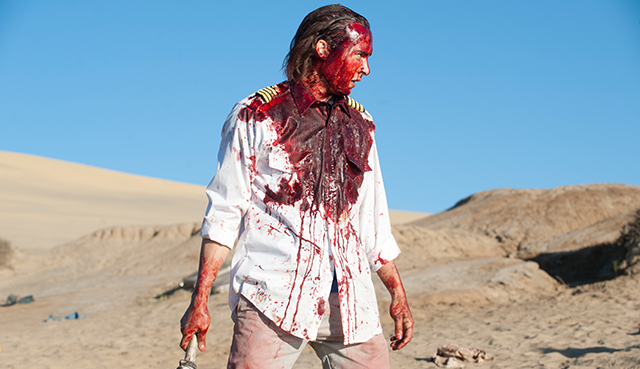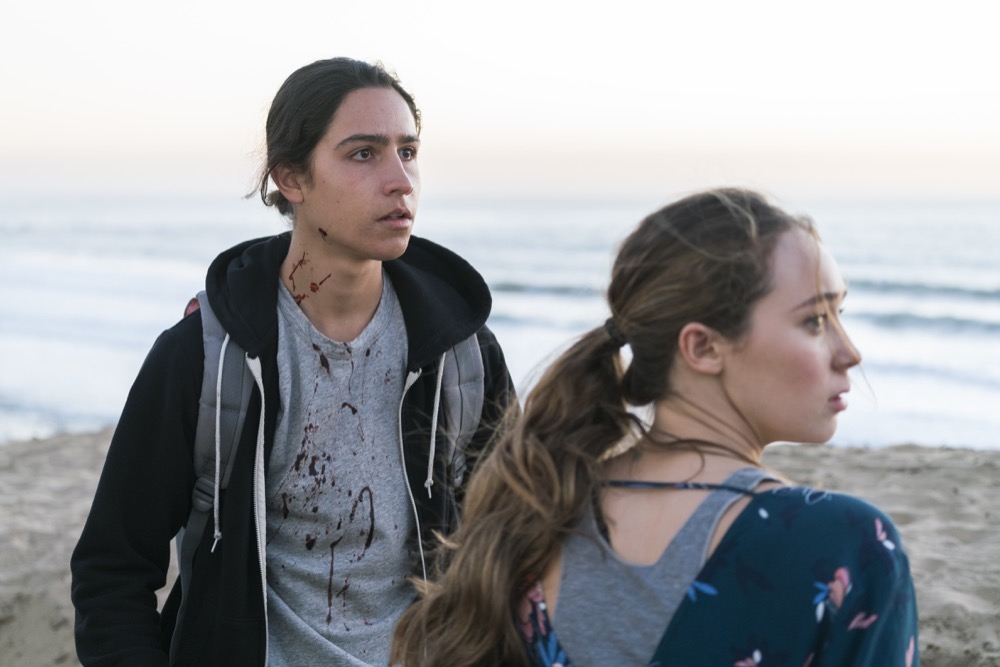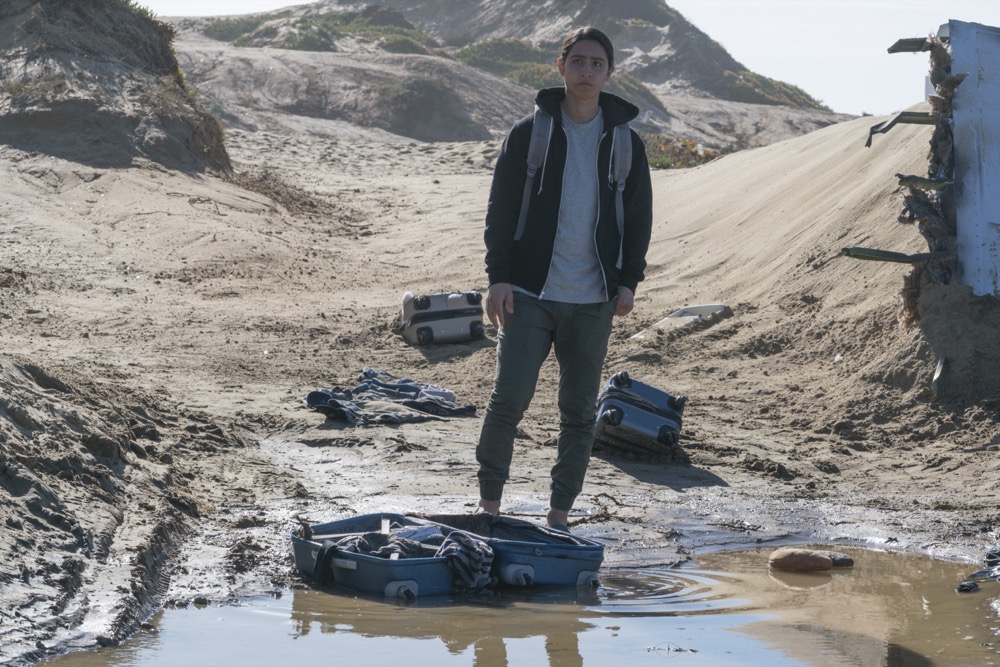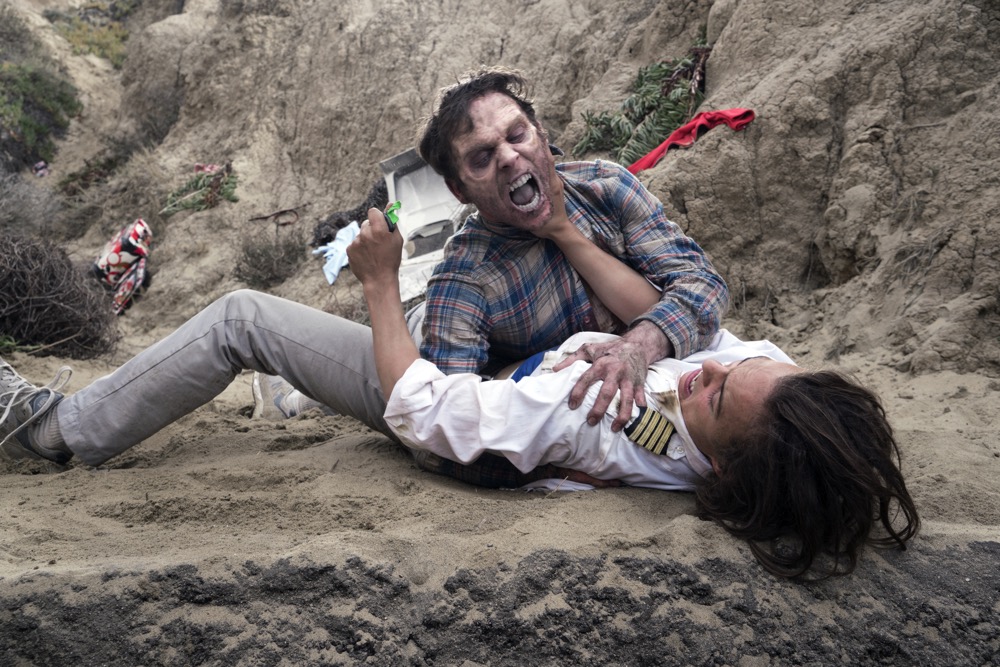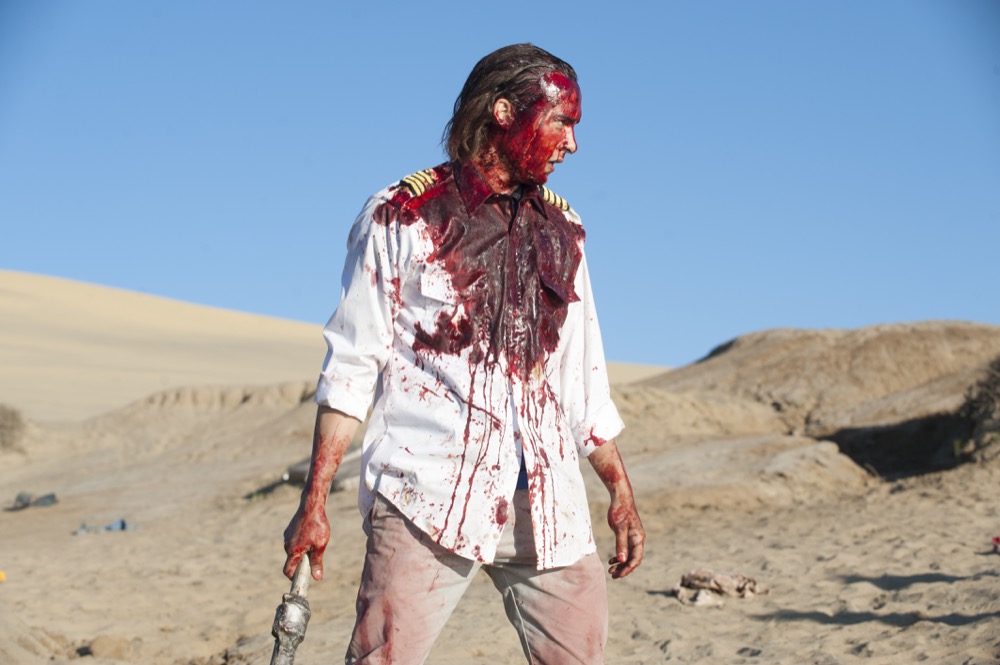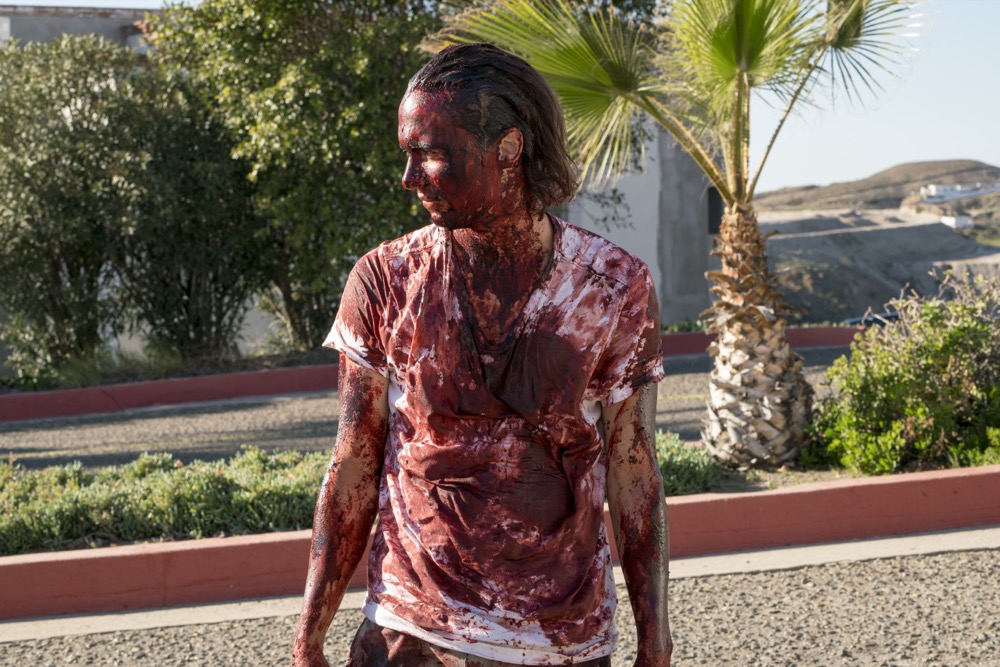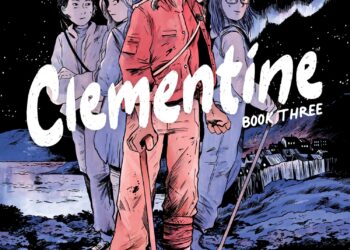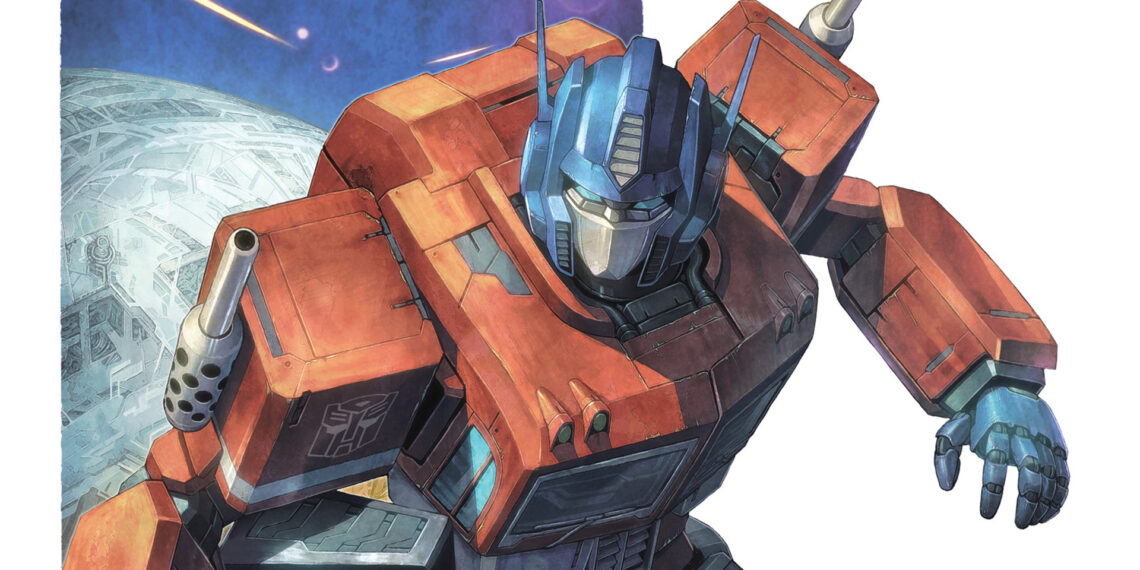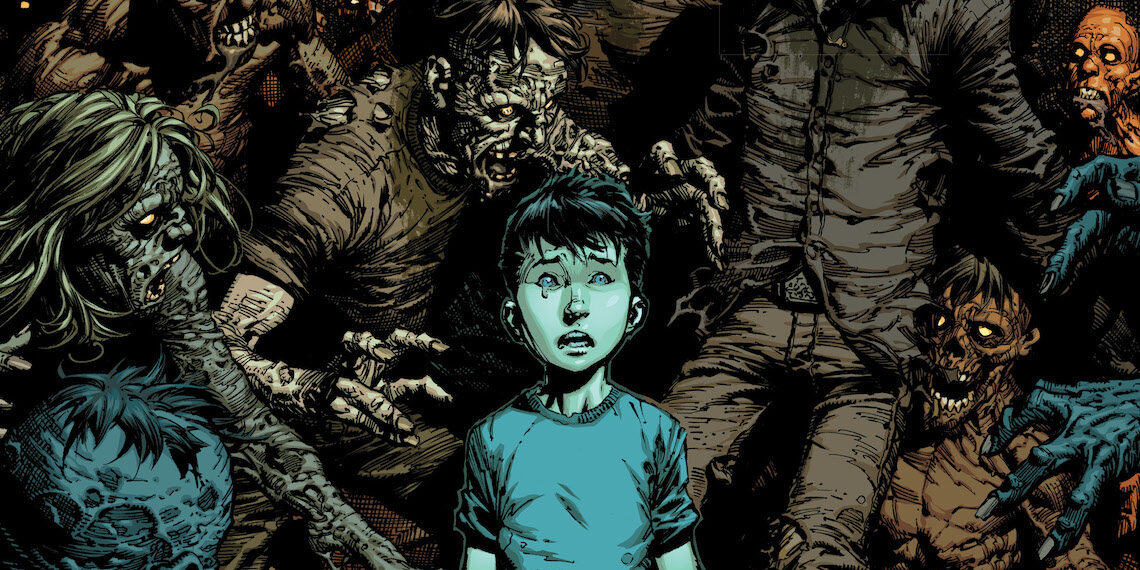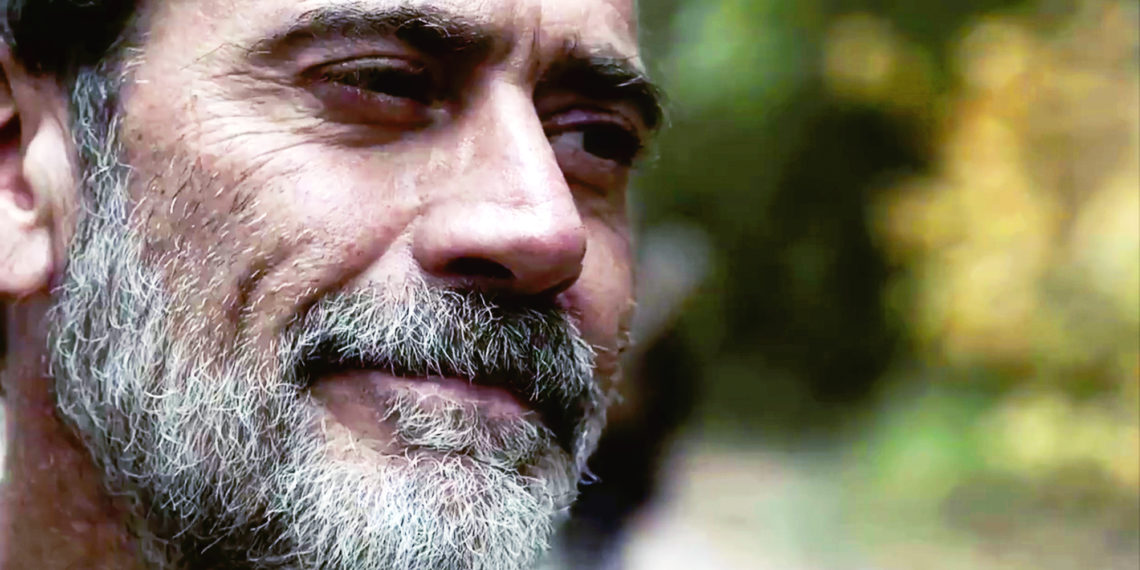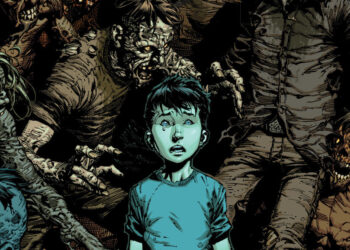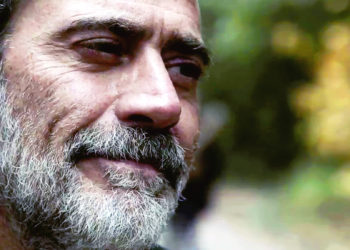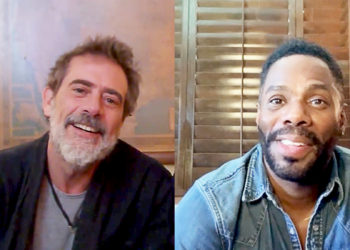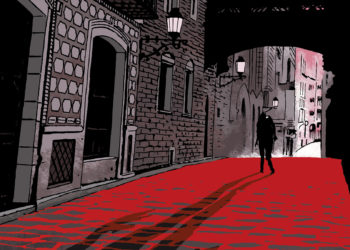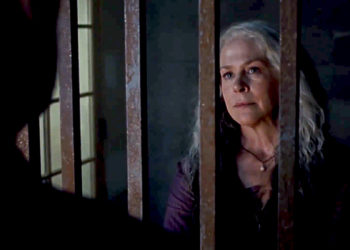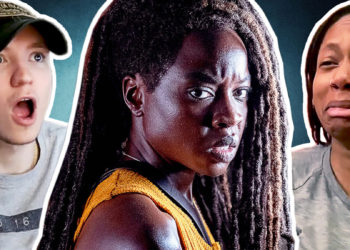This week’s episode of Fear the Walking Dead served as a Zombie Apocalypse 101 course…and the characters NEEDED that. They collectively had aha moments about scavenging, self-defense, and even camouflage techniques that we know to be pertinent for survival. But what else changed? Our friend Dalton Ross from Entertainment Weekly sat down with Fear Executive Producer David Erickson to break down how this episode altered the course of the series from here on out:
ENTERTAINMENT WEEKLY: Let’s start by talking about the Flight 462 connection. Flight 462 was shown in these very short installments online and during ad breaks and we were told someone from there was going to end up here. But it was more than that as we have an entire episode geared around the Flight 462 plane crash and the kids investigating that. How did this come about? Was the Flight 462 idea brought to you and you decided how to integrate it, or had you had the idea for the plane crash and then the Flight 462 installments came out of that?
DAVE ERICKSON: It really started with AMC. I think the desire was, since we only had a six-episode order for season 1, it was to do a narrative that would carry us through season 6 of The Walking Dead so that people would stay engaged in Fear throughout our long hiatus. So it started from that, and then it was actually Lauren Signorino and Mike Zunic, who are my assistant and our writer’s assistant on the show — they were the ones that wrote the interstitials. They were supervised by David Wiener, who is our co-EP.
And then they developed the story. They developed the idea, and then the goal was to find a way to integrate that with the show at large. One of the cool things right now is you can do multi-platform storytelling. Whether it’s a webisode that links to the main show or a video — all of that stuff is really intriguing to me. So it really started as a means by which we could keep Fear alive over the hiatus and then develop it into something we could integrate into the heart of the show.
EW: We have a kids revolt at one point as they want to go check out the plane supplies. The parents say no, but then the younger generation says that they’re not asking permission with Alicia telling them, “Stop putting us at the kids’ table.” I guess it’s important to remember that while they are “the kids,” they’re older than Carl Grimes was in the other Walking Dead show. They can be capable, right?
DE: They absolutely can. One of the things that’s interesting to me about Alicia, and Chris, and Nick specifically, is that we’re trying to tell a coming of age story in a world where no one really comes of age anymore. And the great thing about this episode is that you get to see the beginnings of that for each of them. For Nick, he ultimately has a close encounter with the dead, and it starts to change his perspective on the infected.
Chris has a traumatic experience — not just with the dead, but with the living once they go to land. And then for Alicia, it’s the first time she kills. It’s the first time she’s confronted with the dead, and has to defend herself and defend her family, and she’s not terrible at it for her first go-around. But I think for all three of them this is really a catalyst for what’s to come over the rest of the season.
EW: Well, let’s talk about a few of those a little more in depth, and let’s start with Chris, who is being such a teenager here, as he goes off on his own and starts talking smack to zombies on the plane. But then things get pretty real and he has to kill someone who is begging Chris to put him out of his misery. What is this event going to do to Chris going forward?
DE: It’s going to change him. I think what we wanted to do in that scene was have an attempt at mercy. Chris knows the rules, and now he knows this guy is not going to survive, and he knows what’ll happen to him when he dies, and he’s already dealt with killing the dead. That’s cathartic. That’s something that gives him some kind of a release.
And now, in attempting to put this guy down and do a service for this man, he gets into a situation where the level of violence, it doesn’t work very well. He hits him twice, and the guy’s still alive, and now he’s sort of on the hook. Now he has to go to a much darker, much more violent place. I think it traumatized him, and it’s a big piece for Chris in the long arc of the season, because he’s still trying to reconcile what his father did to Liza last season and how that could possibly be okay.
And now he’s in a situation where he has put down somebody, put down the living in order to prevent them from becoming the dead, and I think it’s something that’s going to elevate his investment in the apocalypse. It’s something that’s going to really define his philosophy on what is the distinction between living and dead? When is it all right to kill? So it’s something that’ll pay off as we proceed.
EW: Let’s move on to Nick, because Nick may have picked up some very valuable information here. First off, bravo on the crab zombie. I mean, let’s stop right there for a second because the crab zombie was truly inspired.
DE: The crab zombie was a marriage of practical makeup effects courtesy of KNB and Greg Nicotero and his team, and then visual effects with the crabs themselves, obviously. It’s interesting because what it represents for Nick as he’s watching this thing that’s been dragged into the earth over the past few weeks with erosion and the tides coming in and taking away the sand and then replacing it, and all he can do is continue to eat the crabs that are eating him. I think Nick sees that, and he recognizes the hunger — this incessant need that these things have, he can relate to it, which is the strange thing in terms of this connection with them.
EW: But here’s the other thing that I have to guess you all have spoken about, and I know it’s something that Robert Kirkman, your co-creator, has dealt with in The Walking Dead comic book and the other show, is that once you introduce that knowledge to the characters that they can camouflage themselves by putting zombie guts on them, the question becomes: Well, why don’t they do that all the time?
DE: It’s a really good question. I think the reason that they don’t is because it’s not the easiest task to perform. I mean, you got to find an infected. You got to take down the infected. I mean, it’s begging trouble in order to avoid trouble, if that makes sense. So I think it’s something as a tool that they’ve used a few times in the comic and on the original show, and it’s tool that I think we’ll see our characters, specifically Nick, use again now that he’s knows that it’s sort of a zombie-free pass.
I think it’s the circumstances that define and create the need to gore up, as we call it, on Fear. It won’t be a daily rite of passage. You won’t get up and brush your teeth and then lather yourself in zombie blood, but I think we might see it used again as we move forward.
EW: Before we finish up, give a little tease about what to expect coming up next week.
DE: Next week we’re the tension on the boat is heightened now because of what Strand just did. Madison and Travis are desperately trying to figure out what’s the best play, and just as they’re about to make that decision, they’re interrupted by something tragic, and horrible, and violent. So there’s going to be a big shift next episode, which is going to redirect everyone’s attention. It’s going to be good.
Catch the rest of Dalton Ross’ interview over at Entertainment Weekly!




